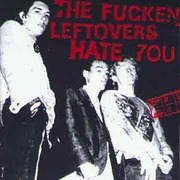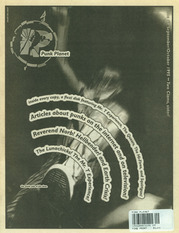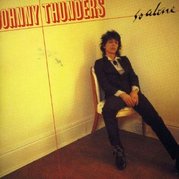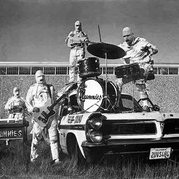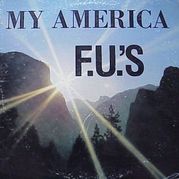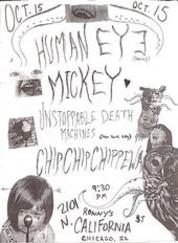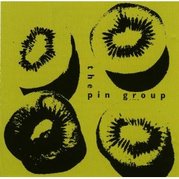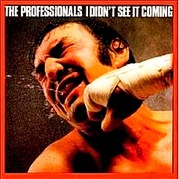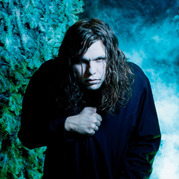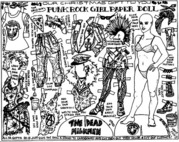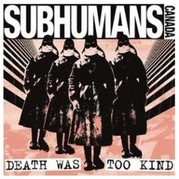A Real Interview w/ Different Names and Places (Part Two)
Arguably, the most important job at the Rookery is door-guy. Conspicuously centered on the table where these would-be bouncers and band wranglers sit is a plastic bowl serving to collect donations for touring acts. There’re surely evenings where proceeds are scant, but occasionally, an out of town act can make a decent haul. “Sightings [a band from Brooklyn] made about fifty dollars less than what the Empty Falafel promised them,” Caruso says, “which was a solid amount in the first place.”
